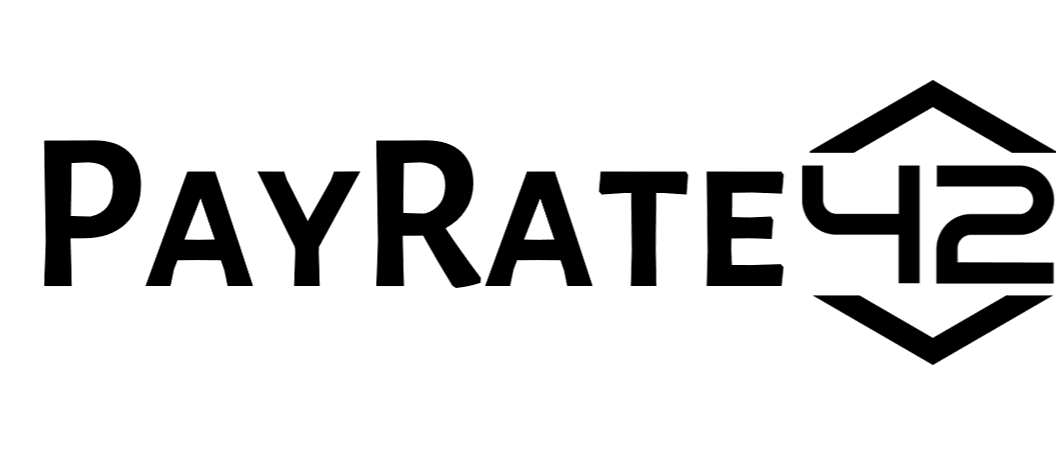FINRA
FINRA (Financial Industry Regulatory Authority)
Overview
The Financial Industry Regulatory Authority (FINRA) is a self-regulatory organization (SRO) that oversees brokerage firms and exchange markets in the United States. Established in 2007 following the consolidation of the National Association of Securities Dealers (NASD) and certain functions of the New York Stock Exchange (NYSE), FINRA operates under the oversight of the U.S. Securities and Exchange Commission (SEC). FINRA’s primary mission is to protect investors by ensuring that the securities industry operates fairly and honestly. The organization oversees more than 3,500 brokerage firms, 620,000 registered representatives, and thousands of securities markets.
Key Features
- Investor Protection: FINRA plays a critical role in safeguarding investors by enforcing rules and regulations that promote ethical behavior in the securities industry. FINRA works to prevent fraud, insider trading, and unethical practices by regularly auditing and investigating brokerage firms and individual brokers.
- Broker Licensing and Registration: One of FINRA’s key responsibilities is the licensing and registration of brokerage firms and individual brokers. It maintains a comprehensive database, known as BrokerCheck, that provides detailed information about brokers, including their qualifications, employment history, and any disciplinary actions taken against them.
- Rule Enforcement: FINRA creates and enforces rules that govern the behavior of securities firms and brokers. It regularly conducts examinations and investigations to ensure compliance with industry standards. Firms that violate FINRA’s rules can face penalties, fines, or expulsion from the securities industry.
- Dispute Resolution: FINRA operates the largest dispute resolution forum in the securities industry, handling arbitration and mediation cases between investors, brokers, and firms. This provides a platform for resolving conflicts without having to go through formal court proceedings.
Regulatory Activities
FINRA’s regulatory activities are focused on ensuring the integrity of the securities markets and protecting investors from malpractice. It works in close cooperation with the SEC and other regulatory bodies, providing a crucial layer of oversight in the U.S. financial system.
- Rulemaking: FINRA develops rules and regulations that apply to securities firms and brokers. These rules cover various aspects of the industry, including ethical standards, sales practices, trading protocols, and capital requirements.
- Supervision and Examination: FINRA conducts regular examinations of brokerage firms to ensure compliance with rules and regulations. It assesses firms’ financial health, trading practices, and compliance with anti-money laundering (AML) policies.
- Disciplinary Actions: FINRA has the authority to discipline firms and individuals who violate its rules. These actions can include fines, suspensions, and bans from the industry. It also maintains a public record of disciplinary actions, allowing investors to make informed decisions.
- Investor Education: FINRA is dedicated to educating the public about investing and the securities industry. It provides resources and tools through its FINRA Investor Education Foundation to help individuals better understand the risks and opportunities in the financial markets.
Recent Regulatory Focus
FINRA has been particularly focused on addressing new challenges posed by technological advancements, market volatility, and the rise of retail investing. Recent initiatives have included:
- Cryptocurrency and Digital Assets: While FINRA does not directly regulate cryptocurrencies, it has been working with the SEC to establish clearer guidelines for how firms can handle digital assets. FINRA has also issued guidance to brokers on how to manage the risks associated with trading digital securities.
- ESG Disclosures: In line with global regulatory trends, FINRA is closely monitoring how firms disclose Environmental, Social, and Governance (ESG) factors, ensuring that investors are properly informed about ESG-related risks.
- Market Manipulation and Volatility: In the wake of high-profile market volatility events, such as the GameStop short squeeze, FINRA has ramped up efforts to detect and prevent market manipulation. It continues to monitor trading activities to prevent undue market disruptions caused by predatory practices.
Compliance Rating Conclusion
The Financial Industry Regulatory Authority (FINRA) is a leading self-regulatory body in the U.S. financial system, providing rigorous oversight of securities firms and brokerage activities. Its enforcement of industry standards helps maintain market integrity and protect investors from unethical practices.
Reputation: FINRA is well-regarded for its comprehensive supervision of the securities industry. Its role as a watchdog for investor protection is critical in ensuring that market participants adhere to ethical and legal standards.
Regulatory Effectiveness: FINRA’s strength lies in its proactive enforcement actions, regular audits, and its ability to resolve disputes between investors and firms. Its use of advanced technology to monitor trading patterns enhances its ability to detect misconduct in real time.
Rating: Green Compliance – FINRA’s robust regulatory framework and proactive oversight make it a highly effective organization in ensuring that the securities industry operates fairly and transparently.
Recommendation
FINRA is essential for any firm or individual operating in the U.S. securities industry. Compliance with FINRA’s rules and regulations is mandatory for brokers and brokerage firms, and failure to comply can result in severe penalties, including fines and expulsion from the industry. Firms should maintain high ethical standards, ensure transparent operations, and utilize the tools FINRA provides to stay compliant.


